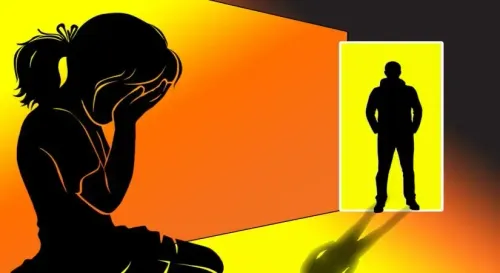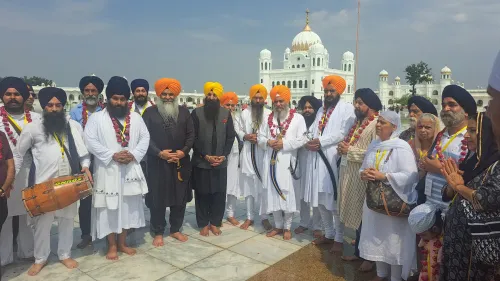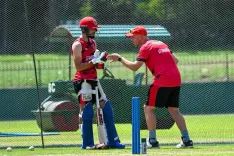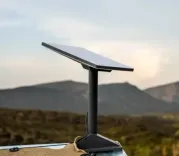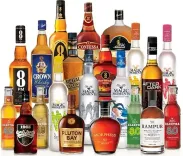Manipur's Untapped Biodiversity Potential Revealed by Governor Bhalla

Synopsis
Key Takeaways
- Manipur has immense untapped biodiversity potential.
- Emphasis on sustainable use of bioresources.
- Connection between biotechnology and traditional crafts is vital.
- Government initiatives support environmental conservation.
- Importance of traditional healers and scientific collaboration.
Imphal, April 26 (NationPress) The Governor of Manipur, Ajay Kumar Bhalla, remarked on Saturday that northeast India is a treasure trove of some of the world's richest biodiversity, with Manipur specifically exhibiting significant untapped potential.
During the celebration of the foundation day of BRIC – Institute of Bioresources and Sustainable Development (BRIC-IBSD) at Takyelpat, Imphal, he emphasized Manipur's vast resources.
These resources encompass the sustainable use of forest-based non-timber products, medicinal plants, aromatic herbs, bamboo, wild edible mushrooms, and insect bioresources.
Bhalla, who has extensive experience as a former Union Home Secretary, acknowledged that this rich natural heritage is the foundation upon which the IBSD develops its innovative vision -- unlocking nature’s potential in an environmentally sustainable and scientifically informed manner.
BRIC-IBSD stands as one of the leading biotechnology research institutes in the northeastern region, dedicated to fostering the development and sustainable usage of bioresources through biotechnological advancements for the socio-economic upliftment of the area.
The Governor further remarked that under the forward-thinking leadership of Prime Minister Narendra Modi, the Indian government has initiated numerous essential programs aimed at environmental conservation and sustainable development.
These programs include the National Water Mission, the National Mission for a Green India, and the National Mission for Sustaining the Himalayan Ecosystem.
Emphasizing the value of Manipur’s handloom and handicraft sector, the Governor pointed out that local artisans and weavers are not just preserving traditional techniques but are also innovating with contemporary designs.
Bhalla noted that while the fusion of biotechnology and traditional craftsmanship presents exciting opportunities, there is an urgent need to better link scientific research with practical applications to further advance this sector.
The Governor also highlighted the importance of fostering connections between traditional healers and scientific communities.
He called for models that promote benefit-sharing and the encouragement of ethno-entrepreneurship based on medicinal plants and fermented foods. As part of his visit, the Governor toured the Genome Sequencing Facility at the Institute and participated in the 'Ek Ped Maa Ke Naam' campaign by planting a tree on the institution’s premises.


